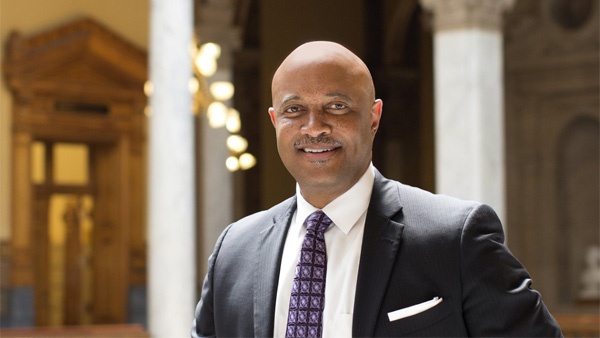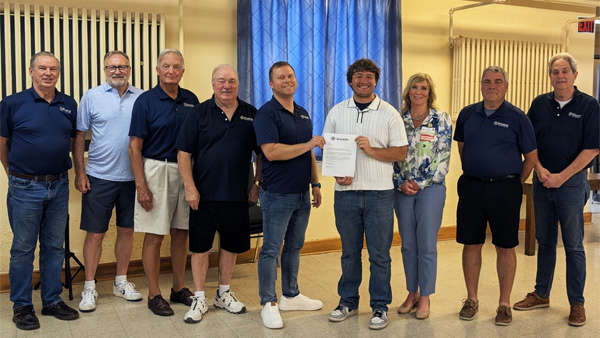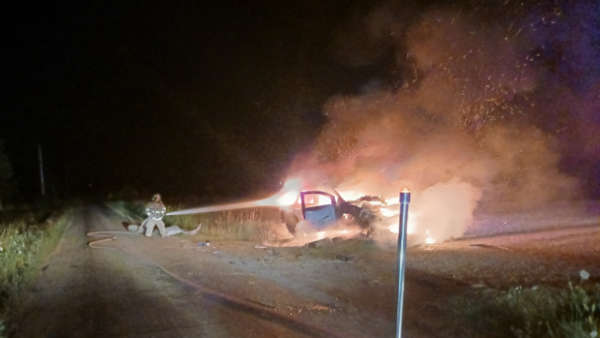Indiana's Attorney General is doing what he can to help prevent delays in getting Election Day results.

Election Day should still mean something. Regardless of political differences, Election Day reminds us what it means to live in a free society. Rallying around such national institutions and traditions is an important way to restore and maintain national unity.
Since 1845, Congress has directed that states hold their national elections on the Tuesday following the first Monday in November. For at least the past 60 years, that uniform Election Day has meant that we typically know the outcome of each state’s presidential election, and thus the overall national winner in the Electoral College, either election night or the next morning.
For the good of the country, we need to keep it this way.
Substantial delay in knowing the outcome of the election only divides the country further. In 2000, George W. Bush defeated Al Gore by a razor-thin margin in Florida once the Supreme Court, in early December, stopped a recount that seemed to have no end. I was honored to serve as part of the Bush recount team, but dismayed at how the delay in knowing the Electoral College winner sowed seeds of mistrust across all parties.
Delay also informs fraud. It is disputed whether Joseph Stalin actually said “those who vote decide nothing; those who count the vote decide everything,” but the mere plausibility that he thought so cynically about democracy is instructive.
When all precincts report vote totals at about the same time, any vote counters tempted to cheat cannot know how many votes to add to which columns. But when results stagger in over days and weeks, cheaters know precisely where to manipulate results and by how much. Adhering to Election Day across the country deprives fraudsters of the information they need to be successful in altering national results.
Yet amidst the COVID-19 pandemic, interest groups have filed lawsuits, both in Indiana and across the country, that seem designed to ensure we will not know the winner of the presidential election until weeks or months after Election Day. Of all things, these groups challenge the constitutionality of requiring that mail-in ballots be received by Election Day to be counted. They demand instead that officials count mail-in ballots received days, or even more than a week, later.
While some federal district courts have granted whatever relief these groups have demanded, federal appeals courts are properly recognizing states’ legitimate authority to enact and enforce reasonable election laws — laws that must exist for elections to be fair, meaningful and legitimate.
Many election reforms, including early voting and vote centers, properly help us achieve greater voter turnout. But some reforms motivated by good intentions sacrifice election integrity and even national unity. As a type of shared experience, Election Day has served Americans well — and it offers a layer of election security to boot. It would be shortsighted to throw away those very real benefits.
If you’re a registered voter reading these words, I urge you to make certain to cast your vote this year. Here in Indiana, you may go to indianavoters.in.gov if you need any guidance on the process.

 DCF: 2026 Lilly Endowment Scholarship Applications Available Online
DCF: 2026 Lilly Endowment Scholarship Applications Available Online
 2025 SEIMA Project Winners Announced
2025 SEIMA Project Winners Announced
 2025 Pat O’Neill Memorial Scholarship Winner Announced
2025 Pat O’Neill Memorial Scholarship Winner Announced
 Community Project, FCN Bank Partner for Food Drive
Community Project, FCN Bank Partner for Food Drive
 Liberty Theater Wins 2025 Preservation Excellence in Commercial Award
Liberty Theater Wins 2025 Preservation Excellence in Commercial Award
 Firefighters Respond to Early Morning Vehicle Fire
Firefighters Respond to Early Morning Vehicle Fire













